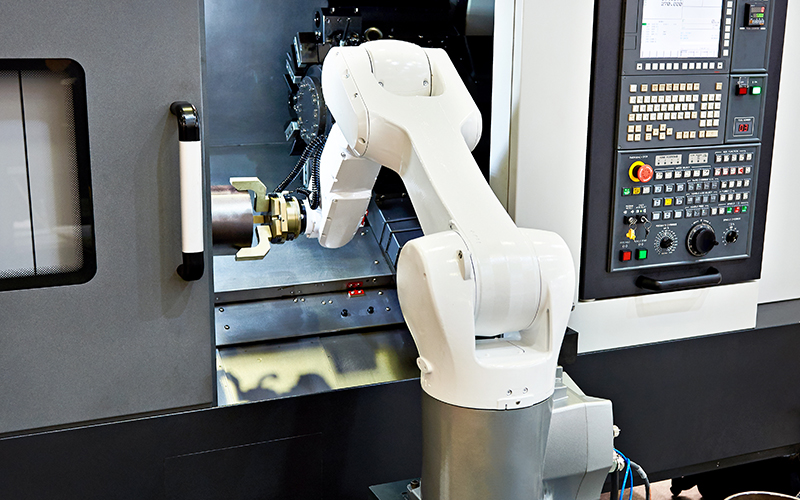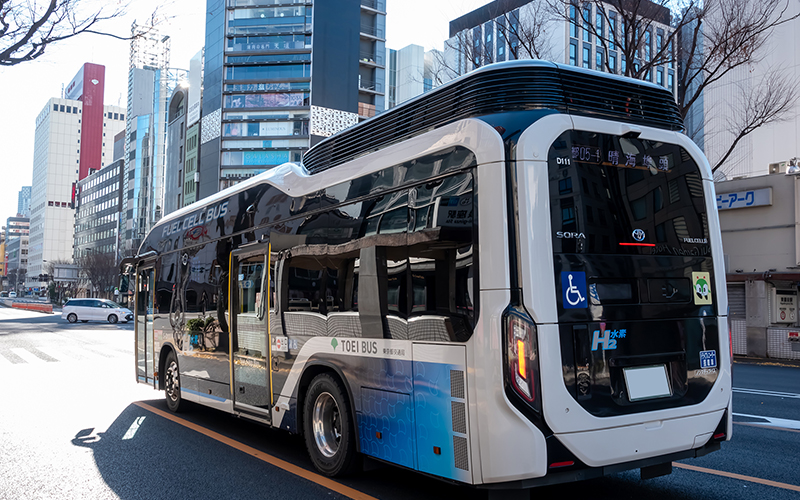Advanced composites enable the creation of a more efficient and sustainable next generation of aircraft. These materials offer an exceptional strength-to-weight ratio, improving fuel economy and significantly reducing CO2 emissions. Re:Build Oribi’s advanced processing technologies make it affordable for aircraft designers to use composites in interior components, seating structures, primary and secondary structures, propulsion systems, and various hardware like clips, plates, stiffeners, and brackets.
By combining automated manufacturing processes with rapidly formable materials, Re:Build Oribi supports the development of lightweight and eco-friendly aircraft. Thermoplastic composites are also recyclable, enhancing end-of-life possibilities and contributing to sustainability.
Our technology allows for the integration of structural, cosmetic, and functional features into final components, reducing part assemblies and secondary finishing.


Thermoplastic composites are revolutionizing the cleantech industry by offering lightweight, durable, and environmentally friendly materials that enhance the performance and sustainability of clean technology applications. These advanced composites are ideal for use in wind turbines, solar panels, battery housings, and electric vehicle components due to their superior strength-to-weight ratio, corrosion resistance, and ease of manufacturing. Furthermore, thermoplastic composites are recyclable, contributing to a circular economy and reducing waste. By integrating thermoplastic composites, the cleantech industry can achieve greater efficiency, lower carbon footprints, and support the transition to a more sustainable future.
Our advanced thermoplastic composites are ideal for the defense industry because they provide high-performance, lightweight materials essential for modern military applications. These composites offer exceptional strength-to-weight ratios, impact resistance, and durability, making them ideal for use in armor, protective gear, vehicle components, and structural parts. Their inherent corrosion resistance and ability to withstand extreme conditions enhance the longevity and reliability of defense equipment. Additionally, thermoplastic composites can be rapidly manufactured and customized, ensuring timely deployment and adaptability to evolving defense needs.


Advanced thermoplastic composites provide significant benefits for the medical industry. By combining lightweight and strong continuous fibers with the durability and manufacturability of thermoplastic polymers, the resulting composites enhance part performance and user experience. Thermoplastic Composites are ideal for reducing weight and improving the performance of mobility systems, prosthetics, patient transport equipment, and other high-performance medical devices. Many variants are also sterilizable and can be used in load bearing applications to replace stainless steel and other metals. Most composites are Radiolucent as well, making them an excellent choice for imaging equipment components.
Continuous fiber-reinforced thermoplastics offer a lightweight alternative to metallics and greater durability compared to thermoset composites; thereby, meeting high-performance structural requirements in demanding industrial applications. Their inherent recyclability also contributes to more sustainable practices. Additionally, thermoplastic composites can be integrated into existing products, improving part life and reducing weight without costly redesigns. Their inherent corrosion resistance makes them excellent choices for coastal regions and subterranean installations for power distribution, telecommunications, bridges, construction components, and even as reinforcement in concrete.


Automotive designers are increasingly turning to composite materials to create more sustainable vehicles. Reducing weight in modern vehicle designs cuts fuel consumption and CO2 emissions and supports the adoption of sustainable technologies like Electric Vehicles (EVs) by extending their driving range.
Re:Build Oribi integrates lightweight, efficient, and cost-effective structures into the automotive market using continuous fiber-reinforced thermoplastic composites and automated robotic manufacturing. Our technology is ideal for applications such as battery enclosures, interior structures, structural frames, and crush-zone components. Additionally, thermoplastics are recyclable at end-of-life, promoting a greener future.
Our process allows for the high-rate, affordable production of components, significantly improving vehicle efficiency. Our modular, automated manufacturing cells enable the cost-effective integration of additional functionality into your parts.
Re:Build Oribi’s engineering team collaborates with you to select the right materials and processes, optimizing part performance while minimizing costs.
Let’s talk about your unique challenges and how Re:Build Oribi can help you.